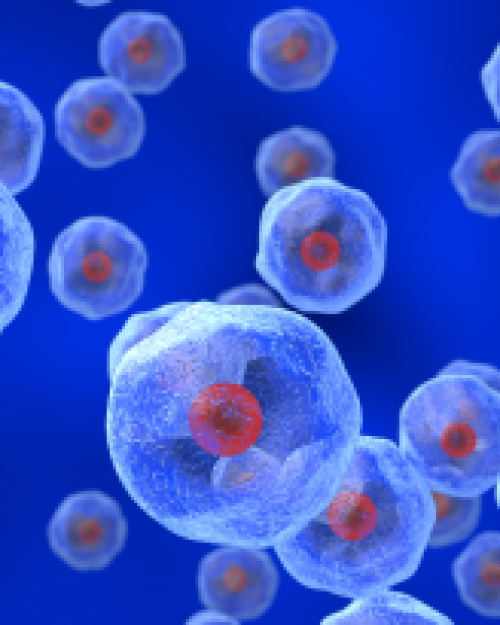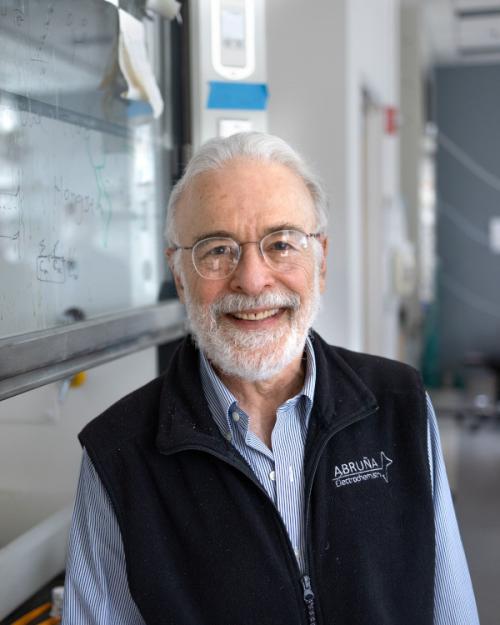Carbs are often thought of as something to minimize in one’s diet – but consider that carbohydrate molecules are as important to our bodies as proteins and DNA. All organisms have carbohydrates coating their cells, and these molecules are essential to how cells communicate with each other and how humans can evade pathogens and maintain health.
In the Spring 2023 Aggarwal Lectures, chemical biologist Laura L. Kiessling will detail how carbohydrates (also termed glycans), function to help or hurt humans. Her research works towards understanding how cells utilize carbohydrates to communicate with each other while also developing chemical strategies to interfere with this communication, helping the body fight cancers and pathogens.
Kiessling’s two lectures, sponsored by the Department of Chemistry and Chemical Biology, will take place Wednesday, March 15 and Thursday, March 16, both at 4 p.m. in Physical Sciences Building 120. Titled “Protein-Glycan Interactions in Immunity” and “Biomimetic Probes of the Host–Microbe Interface” respectively, the lectures are open to all members of the Cornell community. Notably, Kiessling is the first woman to give the distinguished Aggarwal Lectures since the initiation of the series in 1995.
“Professor Laura Kiessling is a prolific researcher leading our understanding of carbohydrate function at the interface of polymer chemistry, chemical biology and cell signaling,” said Erin Stache, assistant professor of chemistry and chemical biology in the College of Arts and Sciences (A&S) and host of this year’s lecture series. “Her interdisciplinary research program has pushed multiple fields forward with knowledge on this extremely important building block of life.”
Kiessling is the Novartis Professor of Chemistry at the Massachusetts Institute of Technology. She received her Bachelor of Science degree from the same university before going on to Yale University where she did her doctoral research with Stuart L. Schreiber. She then did postdoctoral research with Peter B. Dervan at the California Institute of Technology before joining the faculty of the University of Wisconsin, Madison. She joined the MIT faculty in 2017. Some of her many accomplishments include being an inventor on more than 28 patents, a MacArthur Foundation Fellowship (1999), and membership on the advisory board of GlaxoSmithKline.
The Aggarwal Lectures in Polymer Science are hosted annually to invite prominent researchers at the forefront of polymer chemistry to present their work. Previous Aggarwal Lecture speakers include Nobel Prize winners, members of the National Academy of Sciences, and the National Academy of Engineering.
Audrey Burnim is a doctoral candidate in chemistry and chemical biology.




